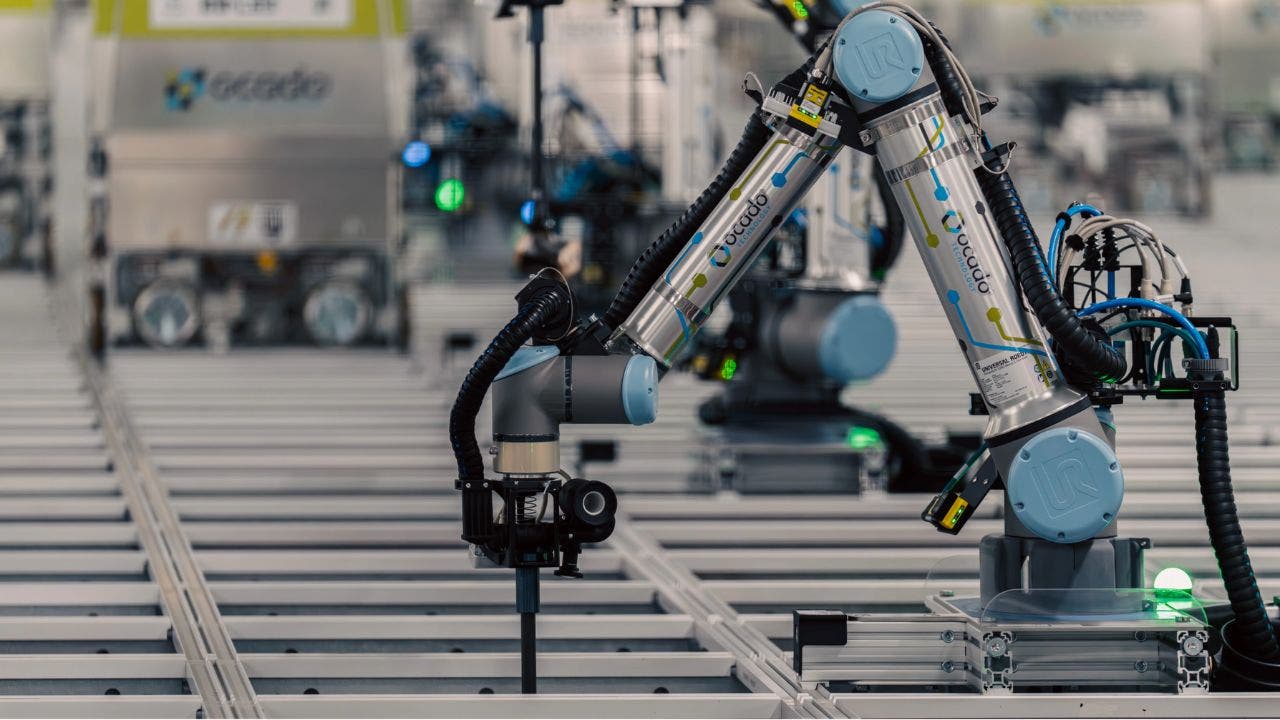Ericsson and Lenovo Resolve Patent Dispute with Global Settlement

In a significant development within the realm of technology and intellectual property, Swedish telecommunications giant Ericsson and Chinese multinational technology company Lenovo have successfully reached a comprehensive settlement regarding a long-standing patent licensing dispute. This agreement, which encompasses a multi-year, global patent cross-licence, marks a pivotal moment for both companies, bringing an end to a series of complex legal battles that have unfolded across various jurisdictions over the past year.
The dispute originated in 2023 when Lenovo initiated legal action against Ericsson in London, UK, contesting the terms of the licensing arrangements concerning essential patents for 4G and 5G wireless technologies. This legal challenge was just one of many initiated by either party, with lawsuits also emerging in countries such as Brazil, Colombia, and the United States. Notably, proceedings were filed in the US District Court in North Carolina, as well as before the US International Trade Commission (USITC), intensifying the stakes for both companies involved.
As part of the newly established settlement agreement, all ongoing lawsuits and administrative proceedings, including those that were still pending before the USITC, will now be withdrawn. While the financial specifics of the agreement have not been made public, Ericsson has indicated that the âfinancial impactsâ resulting from this partial settlement will be registered starting in the second quarter of 2025. This suggests that the resolution will have notable financial implications for both firms in the near future.
Despite the majority of the patent dispute finding resolution, both Ericsson and Lenovo have acknowledged that there remain some outstanding issues related to patent licensing. These remaining matters are expected to be addressed through arbitration, ensuring that both parties can continue to navigate their intellectual property landscape in a structured and legally sound manner.
The announcement of this patent settlement closely follows a broader trend of high-profile resolutions within the technology sector concerning intellectual property disputes. For instance, just recently, Amazon and Nokia revealed that they had settled a separate global patent dispute that revolved around streaming video technology. That agreement similarly involved the withdrawal of ongoing litigation in the United States, where Amazon had counter-sued Nokia over purported infringements of its cloud computing patents.
In a parallel initiative, Lenovo has been making strides in the artificial intelligence sector, having commenced production of AI servers at its Puducherry facility in India as of September 2024. Additionally, the company has established a new infrastructure research and development (R&D) lab in Bengaluru, India, further solidifying its position as a key player in global technology innovation.
This resolution between Ericsson and Lenovo is indicative of the ever-evolving landscape of technology, where companies must navigate complex patent laws and work collaboratively to ensure mutual growth and innovation.



























